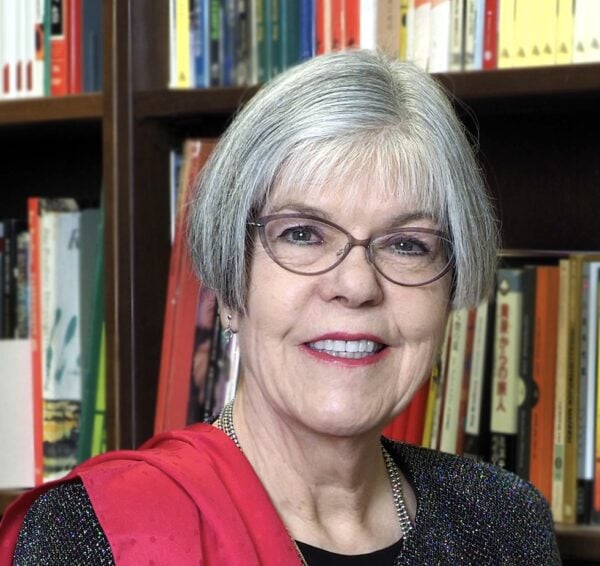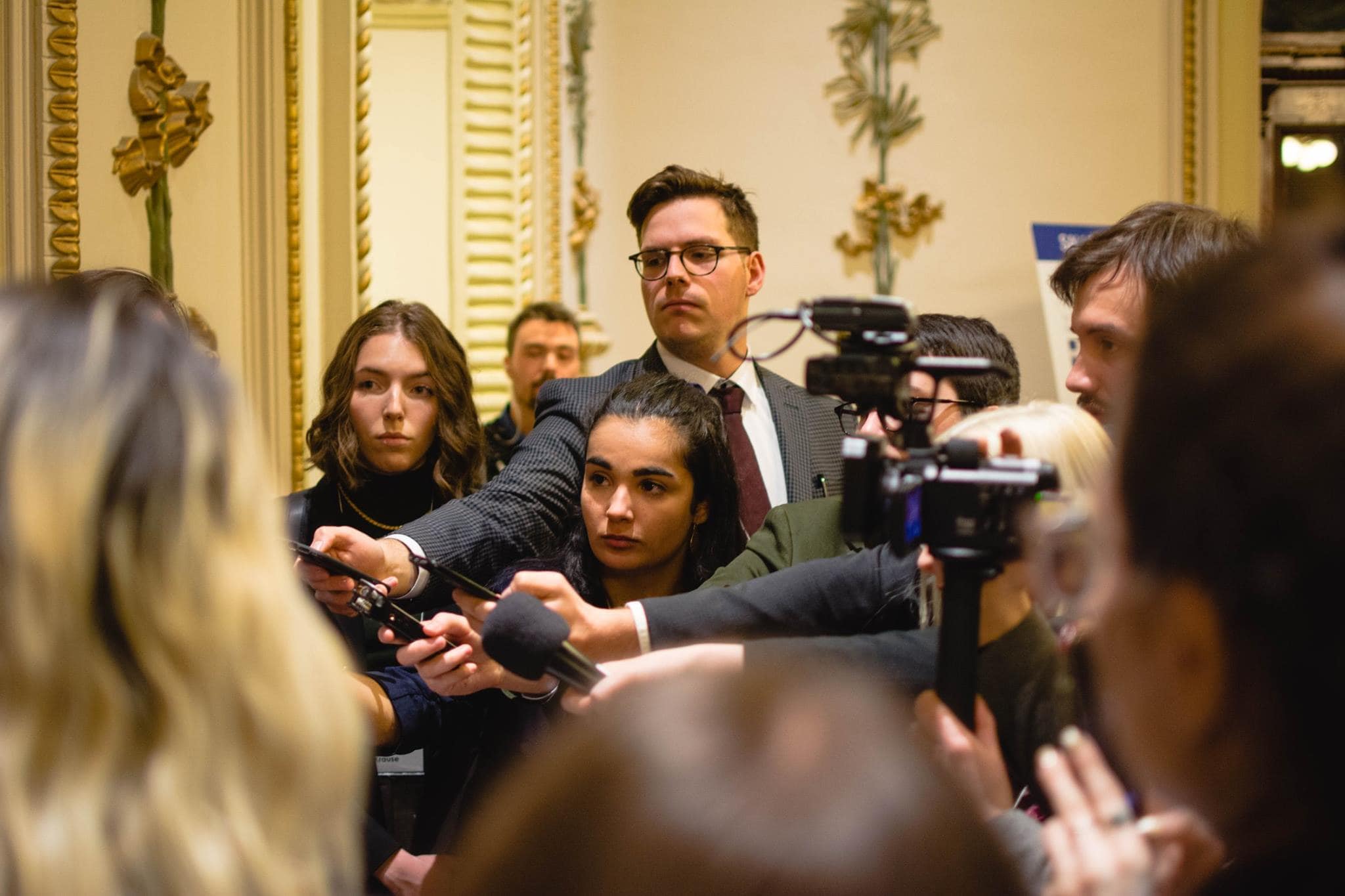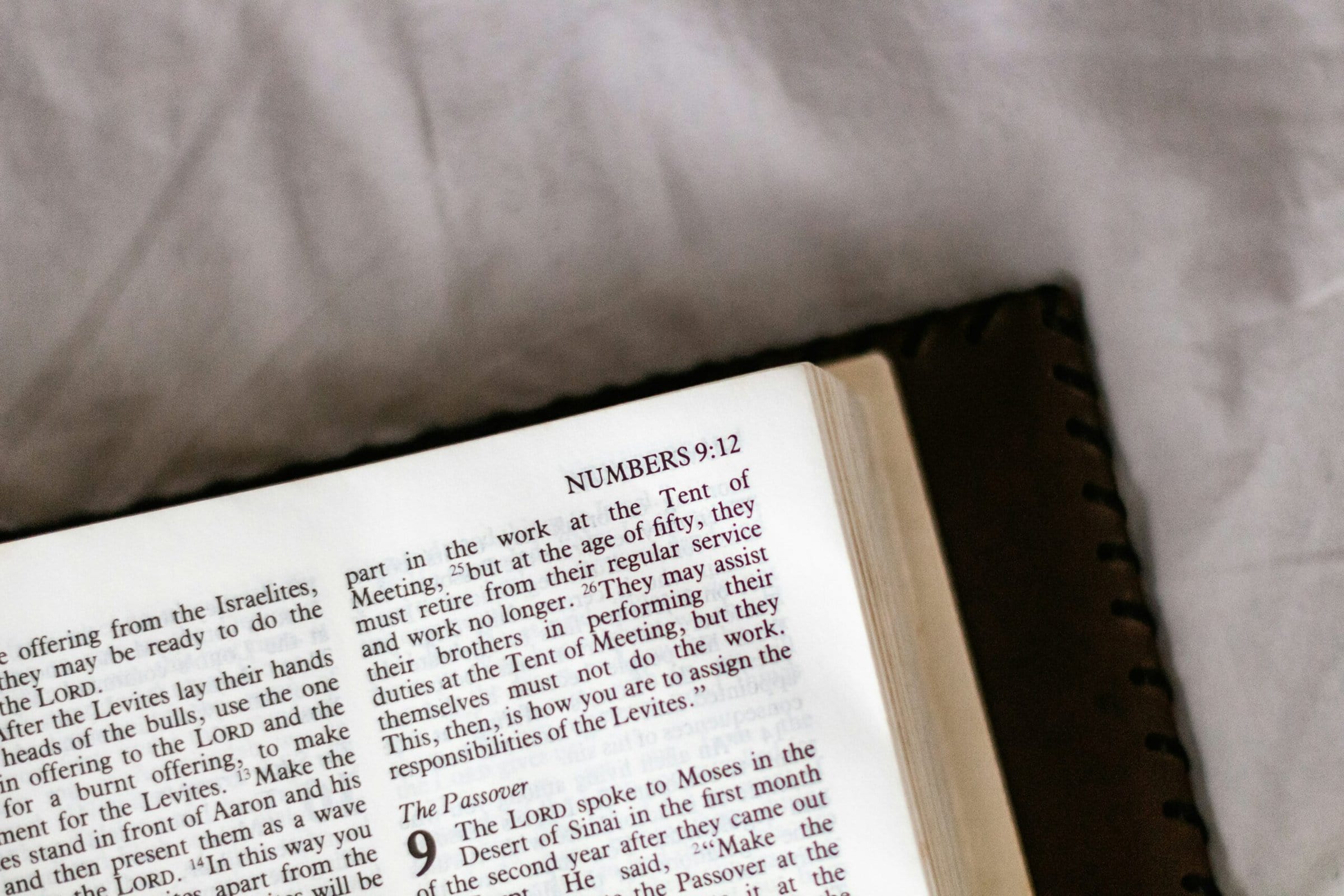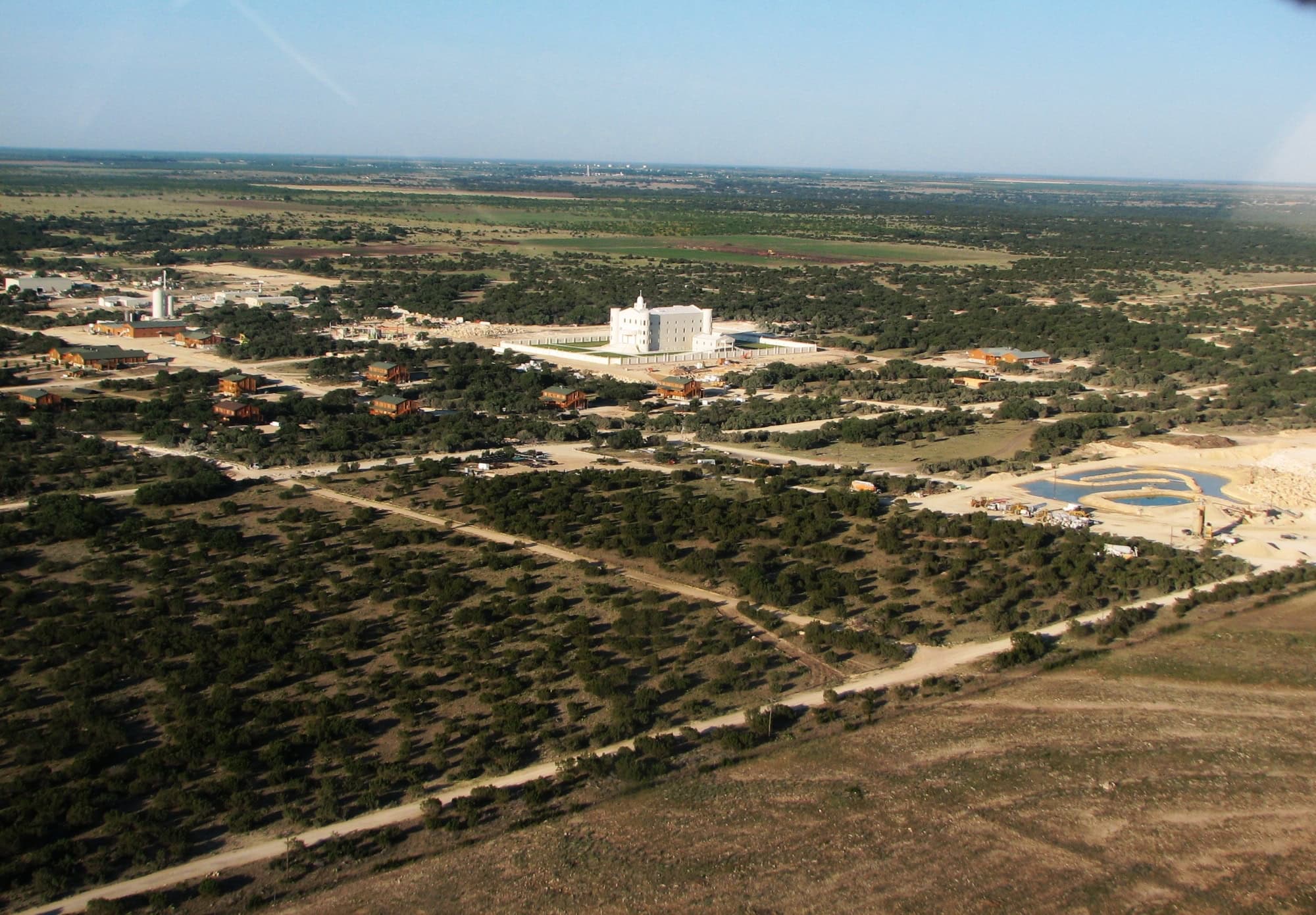Marianne S. Wokeck is a professor emeritus at Indiana University—Purdue University Indianapolis. She lives in Indianapolis, Indiana, and has been a member since 1977.

Website: https://www.mswokeck.net/
Alma maters: Staatsexamen (English, history), Hamburg University, Germany, 1972; PhD (history), Temple University, 1982
Describe your career path. What led you to where you are today?
As a student, my interest in the current world led me to study history, eager to learn more about how to answer the question, “How did we get to today?” Intrigued by the interconnectedness of the world, especially with regard to the creation and spread of liberal democracy, I focused on the 18th century and more specifically on colonial and revolutionary North America. Opportunities to study abroad brought me to the United States, where graduate study of history differed from ways typical at German universities and encouraged me to pursue a PhD. The years around the bicentennial of the American revolution were exciting for graduate students in Philadelphia. By the time of the bicentennial of the US Constitution, opportunities for tenure-line employment had begun to dwindle and showed the need to broaden the skill sets of academically trained historians for positions other than traditional faculty roles. I became actively in scholarly editing and learned about grant-writing and collaborative project management in order to continue work as a historian. Even after a late start as an assistant professor, I continued my involvement in the world of scholarly editing and publishing, which allowed me to be advise history majors and master’s student to consider careers in that specialized aspect of public history. My commitment to faculty governance included taking on administrative roles that included interest and participation in curriculum reform, in particular the Tuning project that developed in ways that engaged the AHA in exploring, reviewing, revising, and evaluating the nature and goals of the history major. As professor emeritus I remain engaged with my department and institution, serving as mentor at a time in academia that is very different from when I started my studies and very much in need of reform.
What do you like the most about where you live and work?
After almost three decades of active employment at IUPUI, the IU campus in the state’s capital, I remain in the city because it allows me to stay engaged with the university and participate in the cultural and social life of the community at large.
What projects are you currently working on?
An exploration of the roles 18th-century ministers’ households (today we would label them community leaders) played in shaping the (re)definition of identities of German-speaking immigrants and their children.
Have your interests evolved since graduation? If so, how?
Over the course of half a century, I added interests to the topic of my MA thesis, transatlantic networks—in particular immigration and ethnicity and business, with an emphasis on the role of women. Moreover, I became involved in scholarly editing and also curriculum reform of the history major.
What’s the most fascinating thing you’ve ever found at the archives or while doing research?
A detailed muster book of German-speaking immigrants of a ship transporting passengers in the 18th century.
What do you value most about the history discipline?
The awareness and opportunity to study that life in all of its dimensions and diversity has a past that allows and encourages reflection of how change and persistence shaped the present. The discipline also offers opportunity to weigh and value plans, policies, and politics that can shape the future.
Why is membership in the AHA important to you?
I have valued and supported the AHA as a professional organization that engages its membership in shaping expectations, standards, and ethics; advocates for its members; and explains and represents the study and practice of history to the public at large—a public largely unfamiliar with the discipline and its professionals.
Do you have a favorite AHA annual meeting anecdote you would like to share?
The attendance of my first AHA annual meeting resembled a sea of gray (suits and beards). I am glad to say that the membership at recent meetings is more colorful and diverse.
AHA members are involved in all fields of history, with wide-ranging specializations, interests, and areas of employment. To recognize our talented and eclectic membership, Perspectives Daily features a regular AHA Member Spotlight series.
This work is licensed under a Creative Commons Attribution-NonCommercial-NoDerivatives 4.0 International License. Attribution must provide author name, article title, Perspectives on History, date of publication, and a link to this page. This license applies only to the article, not to text or images used here by permission.



